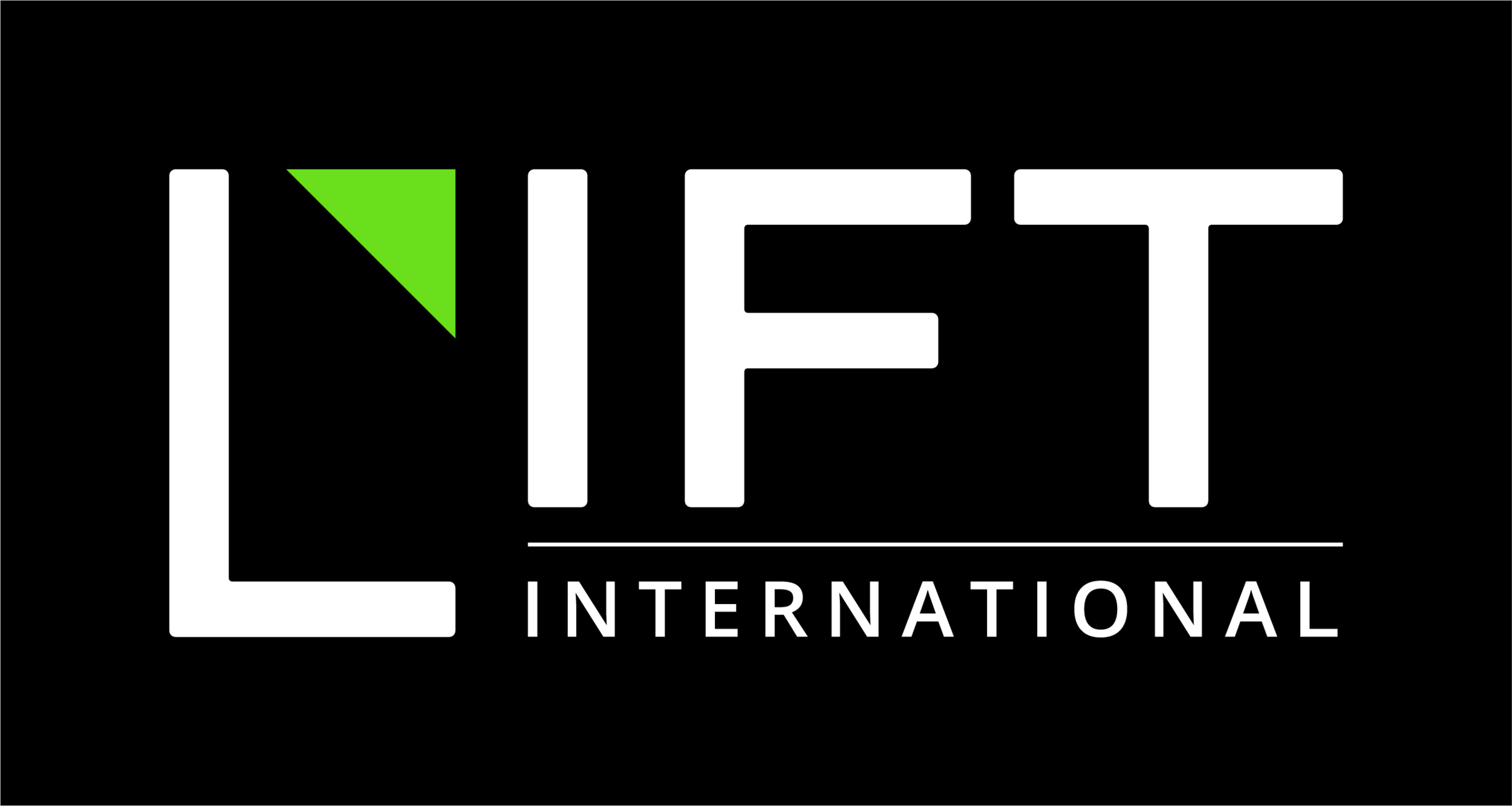Turning Tears of Fear, into Tears of Joy
In 2019 law enforcement terminated a massage parlour in Bangkok. Amidst the chaos, a sixteen years old girl, Ying*, sat quietly in the corner crying, her body shaking. This had been her first day at work, having just arrived at work. A manager promised her 50,000 THB or around 2,300 NZD, if she serviced a businessman. Customers are willing to pay extra for a girl who has never had a sexual experience, like Ying. However, Ying didn’t have the opportunity, because law enforcement entered to bust the business for providing underage prostitution. She feared being arrested, not wanting to shame her family. She also feared stigmatization by friends at school and others in her community. These were the various reasons for fear that brought her to tears.
Although Ying was born in Thailand, she is undocumented since her parents were from Myanmar. This made her more vulnerable than most children. Ying started working at the parlour when she was in Grade 10, on a school break. Her mother couldn’t afford to pay for textbooks and tuition fees and had told her to work instead. One relative encouraged her to look for a job during her school break and connected her with the massage parlour in Bangkok.
LIFT’s work to reduce her fear
A social worker from LIFT noticed Ying’s fear, so she took her out of the crowd and calmed her down. The social worker explained her rights and assured her that she wouldn’t be arrested, but would receive help. In addition, Ying learned about the victim support procedures offered by the government shelters. In the end, she was placed at the government shelter and LIFT’s aftercare team frequently visited Ying, among other survivors.
There are many similar stories of girls in tears with fear for various reasons. Social workers work alongside government shelter staff to assess survivors’ needs and hear their plans after recovery. We found that each survivor has different needs as they have different life situations.
Some survivors want to continue their studies while some desire to start small businesses or receive vocational training to secure a legitimate job. For this reason, LIFT provides support according to individual needs to help them move on with their lives and to assure that they will not fall victim to trafficking again. For those survivors who return home, LIFT connects them with local partners in their country and ensures their safety and life quality.
“ Child Prostitutes" do not exist; rather, they are simply children exploited by adults.”
- LIFT's multidisciplinary team member
We LIFT survivors. We LIFT standards. We LIFT justice.
What can you do to meet the needs of human trafficking victims?
LIFT International collaborates closely with government social workers from a variety of shelters. This collaboration includes a multi-disciplinary team (MDT) across many provinces to assist survivors both in case management and additional support. The government shelters provide standard aftercare services but still have some limitations that require assistance. LIFT has contributed crucial assistance to fill those gaps according to the needs of survivors.
LIFT’s support includes health care, education, emergency assistance, career development, and other support based on a needs assessment. A needs assessment is conducted by social workers from LIFT International and government shelters.
You can be part of our work by sharing this story, introducing our work to your friends, and generously giving into funds for survivors. Your contribution can wipe tears of fear and replace them with tears of joy.
*Name changed to protect the survivor.


